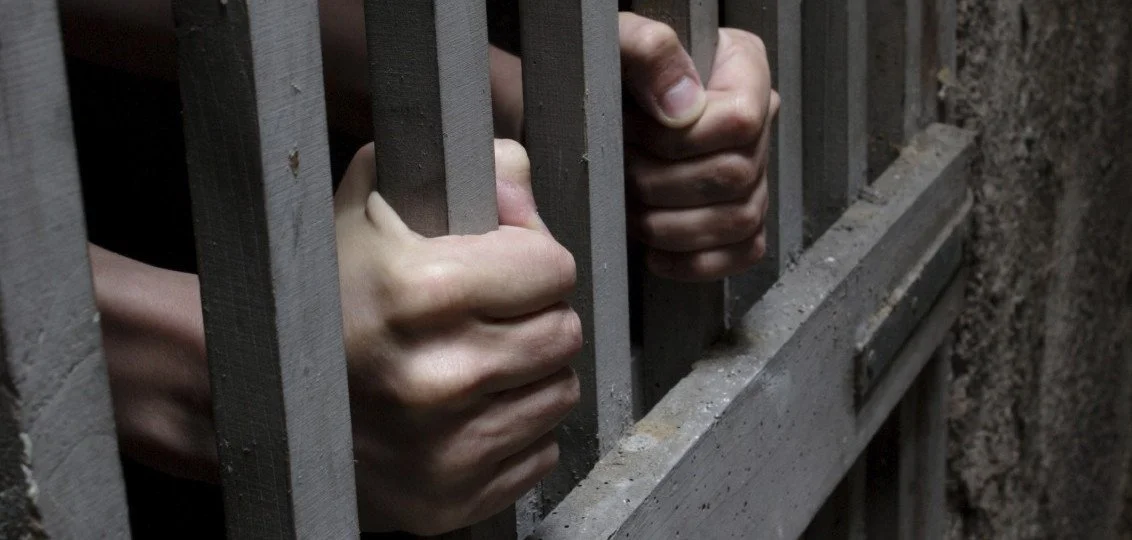
-

Introduction & the book of Acts
During this last term on DTP we’ll be exploring cross shaped living: the whole question of suffering and sacrifice in the cause of discipleship. The New Testament is written by people suffering for the Gospel to people suffering for the Gospel. In this opening session we’ll begin to unpack this, and see how it works out in the early Church.
-

Jesus trains his disciples to suffer
Jesus has a clear understanding that His disciples would have to navigate rejection, suffering and persecution; and that the greatest danger they faced in that suffering was not death, so much as their failure to stand firm in the face of opposition and hostility. He trained them to remain faithful to Him, and in this session we begin to understand how.
-

Peter
In the Gospels we watch Peter learn how to be faithful to Christ in the face of persecution. It didn’t come naturally, and it didn’t come without learning through painful failure. But once has learnt this fundamental of disicpleship himself, he is keen to teach it to the rest of the Church in his first epistle; and to show us what GOd achieves when we suffer for Him.
-

Paul
When Ananias is sent to baptise Paul, Christ shows him how much he must suffer for His name. Paul never knew what it was to a disciple of Jesus without reference to suffering, he writes Philippians, he is drawing on his own experience of suffering in order to prepare the Church at Philippi for their own experience of suffering and persecution..
-

Hebrews
Christ is worth suffering for. He is also our pioneer in suffering, providing the resources we need in suffering, and an example for us to map our own suffering onto. Suffering is how we are brought to perfection with Christ. It is how we become the people who can fulfil God’s purpose for us and for our lives, both in this age and in the age to come.
-

Revelation
One of the key themes of the Book of Revelation is the Church’s suffering for Christ. In four cycles, the persecution of the Church by the world throughout the ages - and God’s purposes in that persecution - is diagnosed and subverted. It is precisely through her suffering that the Church vindicates Christ, and is vindicated by Him.
-

What kind of Church?
In many parts of the world the Church suffers in active and unambiguous ways. What does a Church need to be in order to do that in a way that honours Christ? It needs to be a Church committed to the authority of Scripture, and to each other, and that is public about Christ as they engage with the issues facing their community and society.
-

Legal awareness & civil disobedience
We can give away ground in our disicpleship simply because we don’t understand, or indeed misunderstand, the laws of our country. We can easily assume something can or can’t happen from aplace of ignorance. Knowing what the law says is an important part of living and speaking publicly as a Christian - as is knowing when we must break it.
-

Loving our enemy
In this session we explore the dynamics of loving those who are directly implicated in causing our struggle and suffering. We ask how we can respond in ways that break the cycle of recrimination and retaliation and create an environment where those who are opposed to Christ (& therefore to us) could be reconciled to Christ (& therefore to us).
-

Slow down
This shorter teaching session leaves room for a baptism, or a bring and share meal, or an extended time of prayer… or perhaps a ceremony that marks the end of DTP. It listens to those who have directly experienced persecution and to what they have learned about their Father through all they have expereinced.
